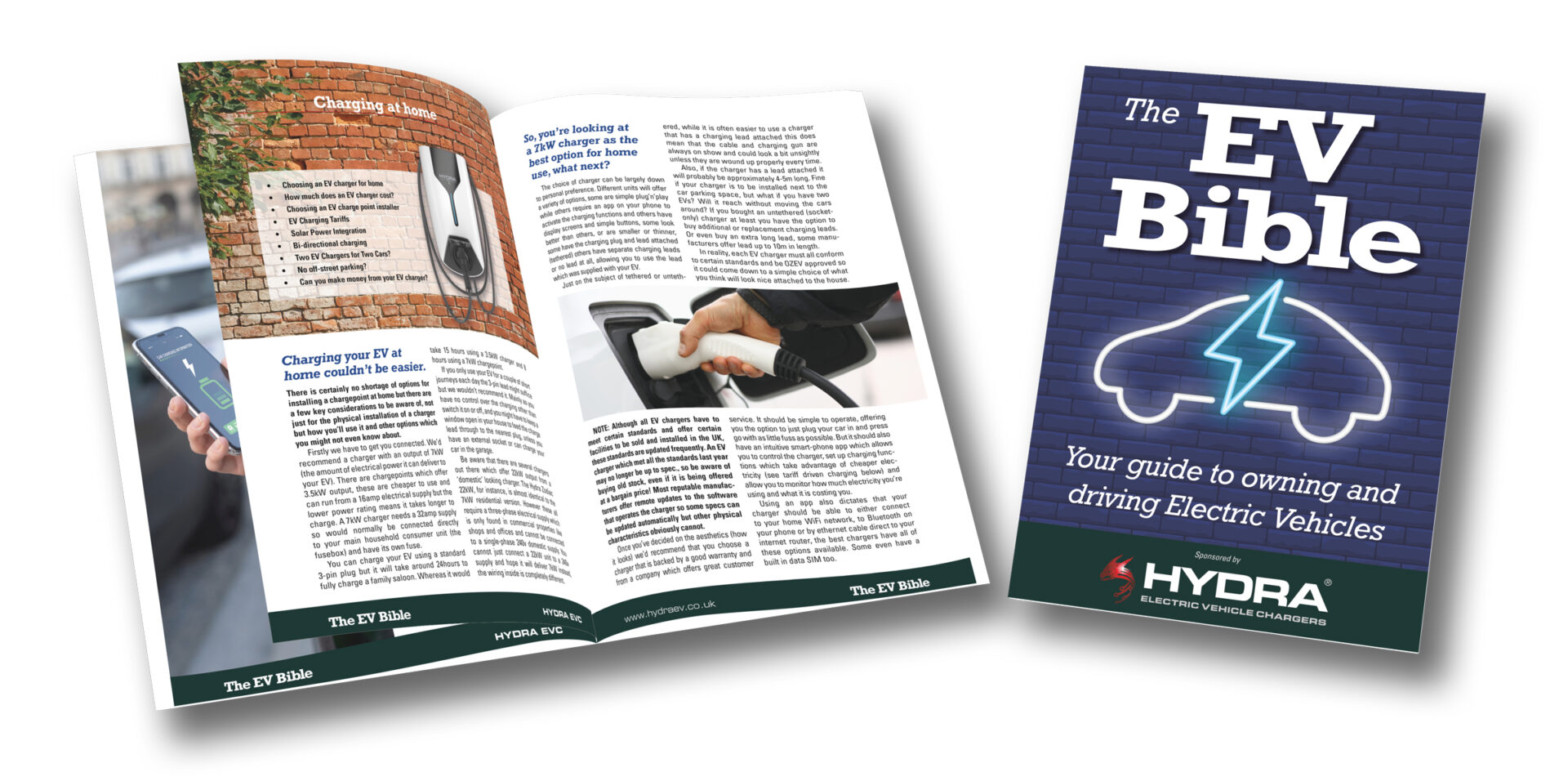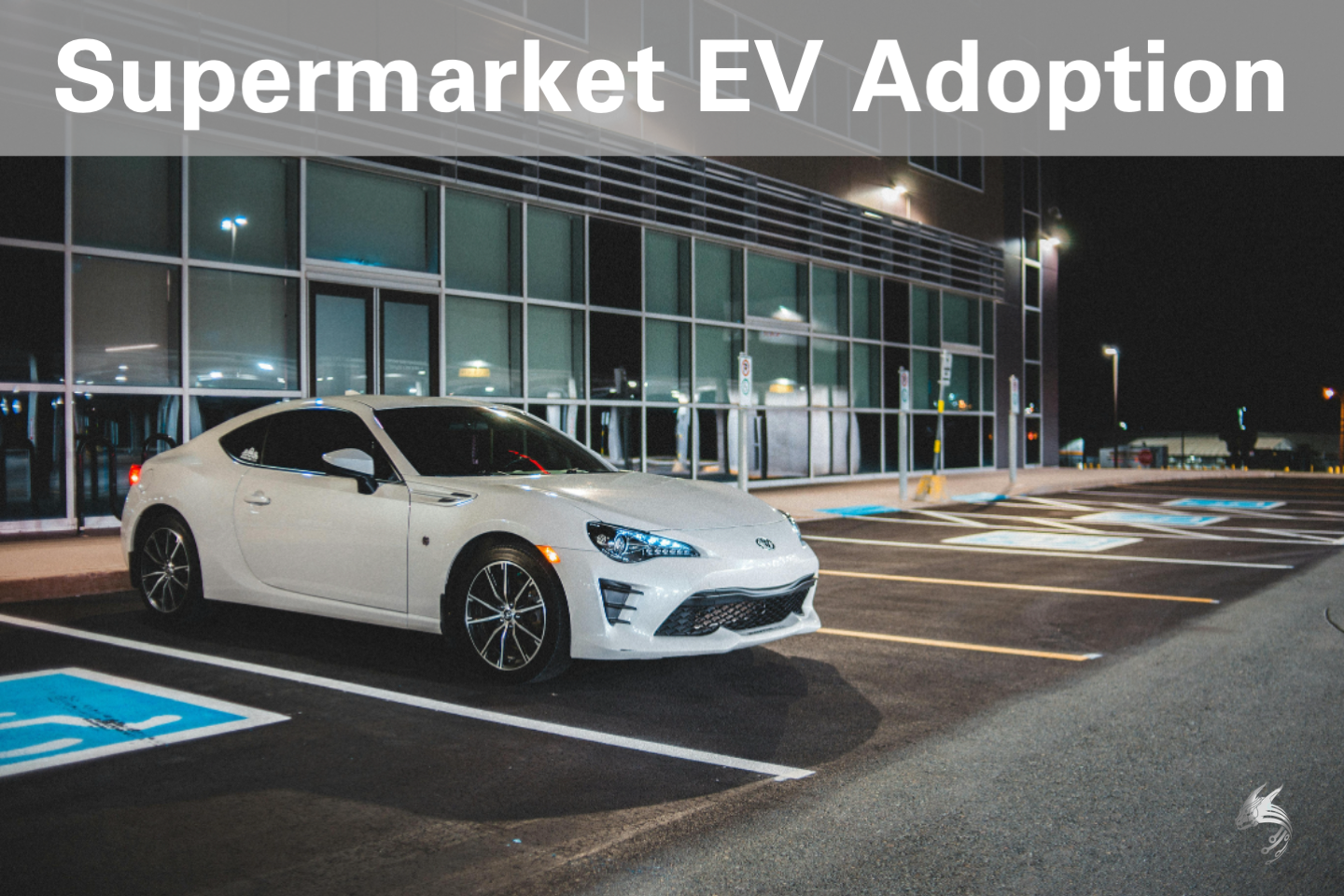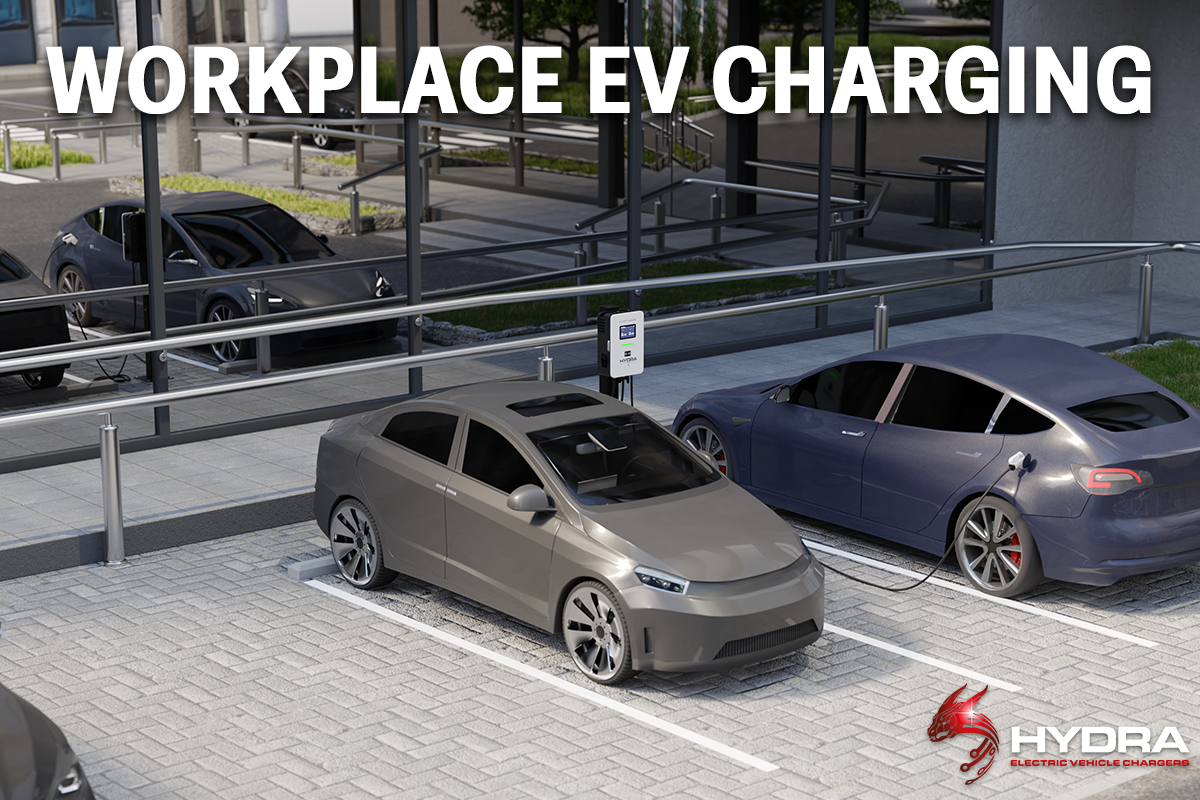There should be no doubt in anyone’s mind that running an electric vehicle can be considerably cheaper than a similar petrol or diesel powered car and while there are several factors which affect the calculations, running on electric will almost always be cheaper.
Calculating the running cost of a petrol or diesel car is fairly easy and predictable. You probably know what your average fuel consumption is and you know how much your fuel costs as you fill up at the forecourt. You’ll know roughly what your mileage is over any given period and how long that tank fill-up will last.
This is something most drivers have been doing for years and is second nature.
But with electric vehicles the parameters have changed so we need to change the way we look at running costs. Working out how much it costs to fully charge your vehicle’s battery is easy enough, just multiply the battery capacity in kW by the cost of the electric in kWh.
So if your vehicle battery has a total capacity of 50kW and your energy supplier charges 30p per kWh then it is 50 x 30 = 1,500 or £15. If that gives you a range of 180miles, for instance, the cost per mile is £15/180 = 8p per mile.
That is a very simplistic but easy way to calculate costs. The cost per kWh is the largest varying cost. You may pay your domestic energy supplier 30p but plugging into a public charger in a shopping centre car park could cost anywhere between 40p-80p per kWh. This doesn’t necessarily mean your running costs are doubled, though, as you might only plug in for an hour while you’re out shopping then plug in again when you get home so paying 50p or so isn’t going to break the bank, but it is worth bearing in mind.
Obviously there are other factors which can affect running costs. Just like weather, local traffic conditions and driving style will affect petrol consumption, the same applies to electric. Driving in winter at night with the heater on will shorten the range compared to driving in daylight in summer simply because everything is powered from the battery.
Comparing electric vs petrol, even in broadly average terms, show that there is a huge advantage with electric. If we go back to that example above the 180 miles range cost £15 on electric but with Petrol costing £1.70 per litre (at the time of writing) a Ford Focus returning 50mpg would use £27.80 in petrol, and that is being optimistic, frequently driving in traffic or around town is likely to increase the fuel consumption to around 35mpg which pushes costs up to £39.70.
Other factors to bear in mind when considering electric are things like road tax, insurance, parking, congestion charges etc. All of these can be lower for electric cars than similar petrol or diesel models.







